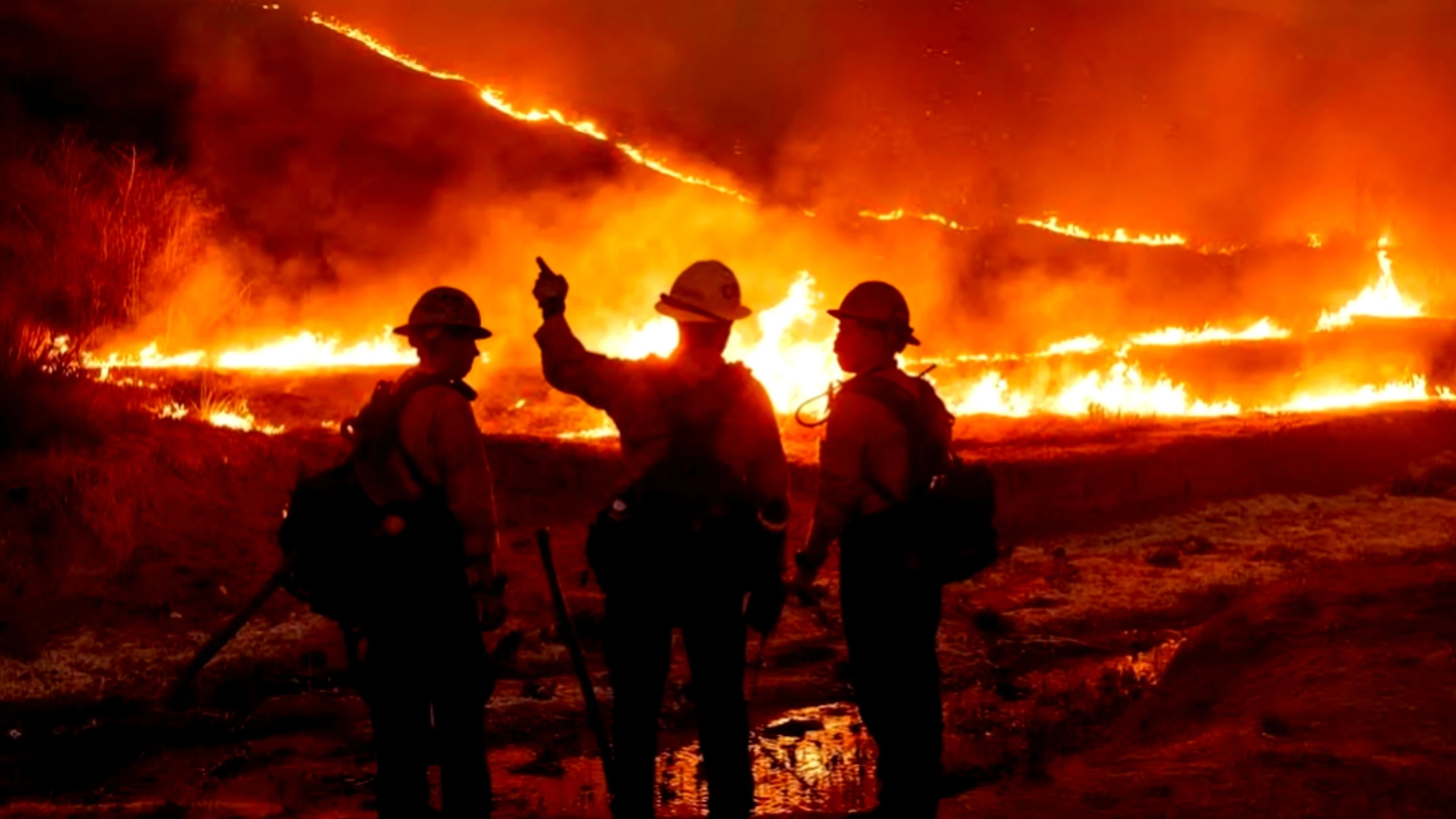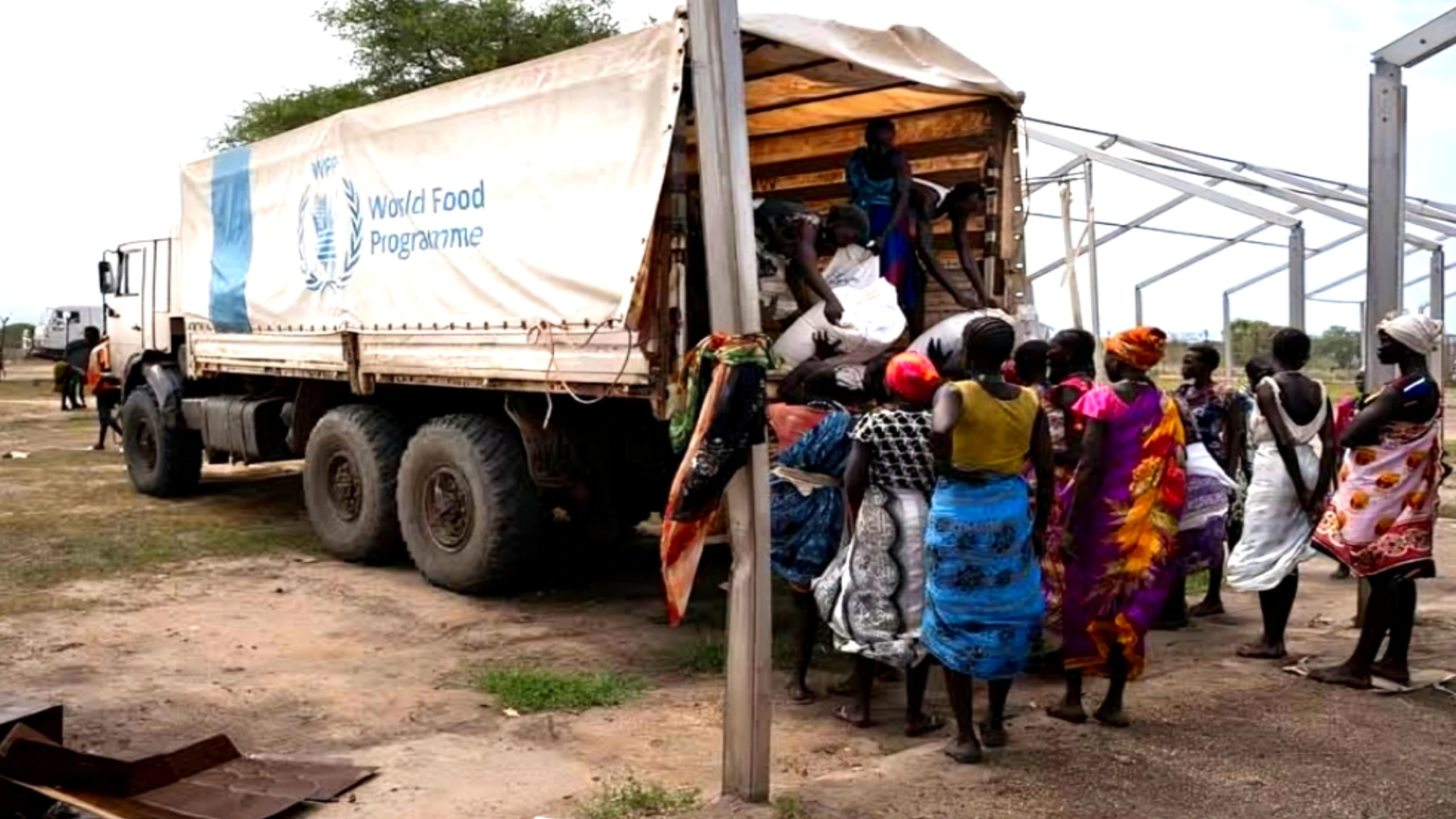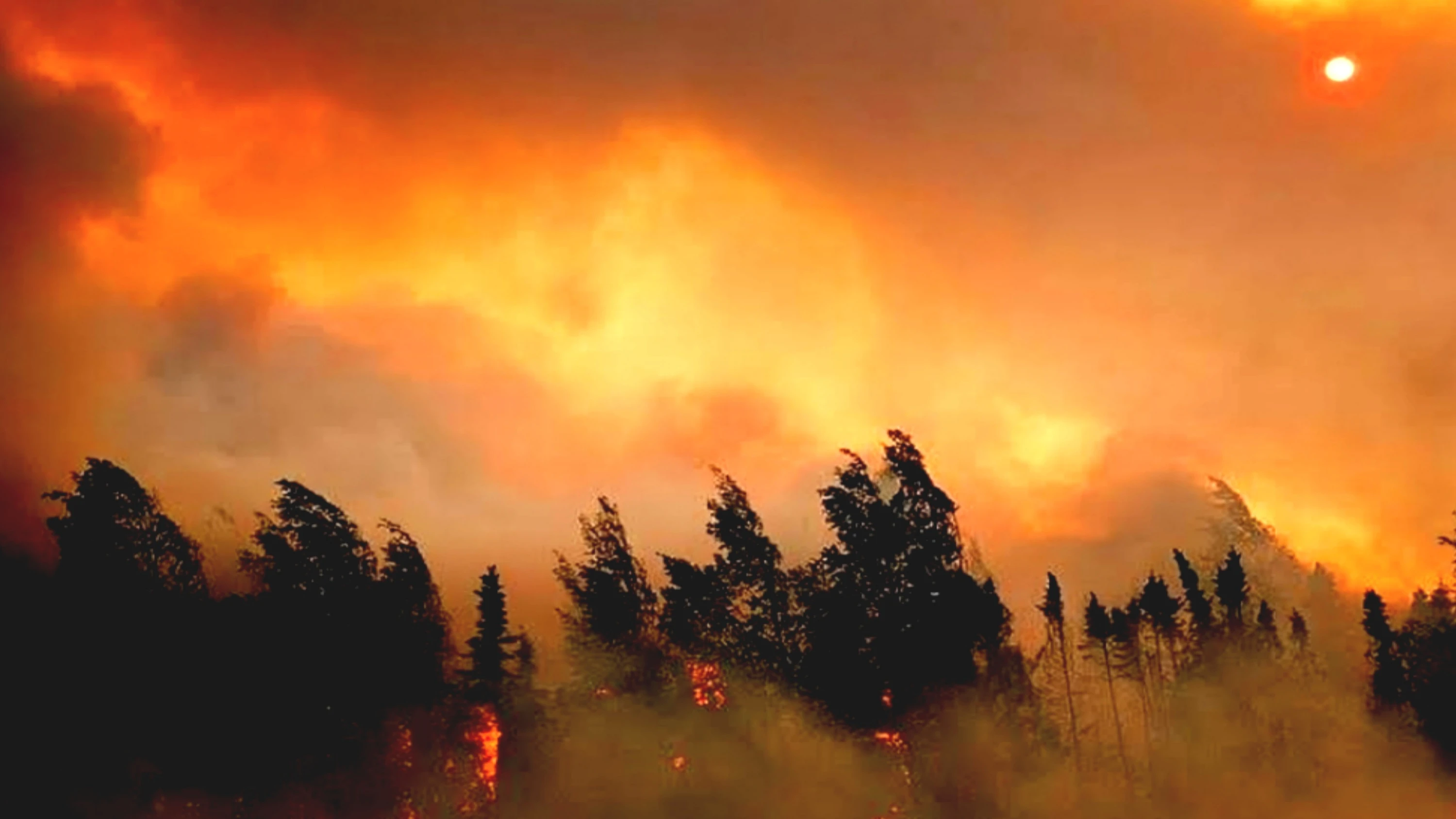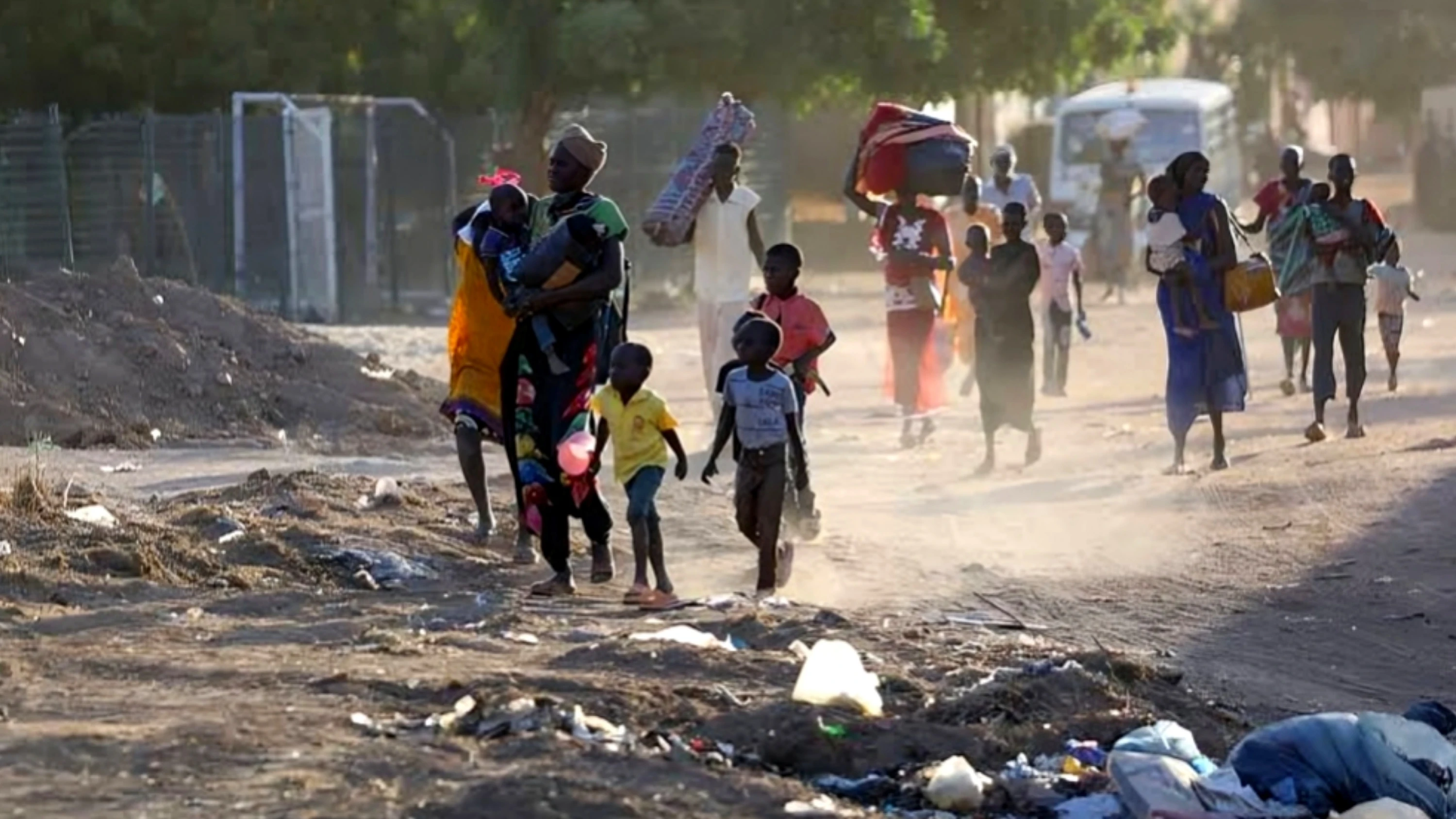Maryland: A surge in climate-driven wildfires pushed global forest loss to unprecedented levels in 2024, according to a new report released Wednesday by the World Resources Institute and the University of Maryland.
The destruction of tropical primary forests soared to 6.7 million hectares — an 80% increase from 2023 — with Brazil bearing the brunt due to rampant fires in the Amazon amid the region’s most severe drought on record. The area of forest lost is comparable to the size of Panama.
For the first time since the report's inception, fires were identified as the primary cause of tropical forest destruction — a troubling shift for ecosystems like the Amazon that are naturally resistant to burning. “These data are deeply alarming,” said Matthew Hansen, co-director of the University of Maryland’s monitoring lab. “There’s growing concern that climate change is outpacing our ability to respond.”
Latin America emerged as a major hotspot, with the Amazon registering its worst year for forest loss since 2016. Brazil alone accounted for 2.8 million hectares of deforestation — the highest globally — reversing previous gains made under President Luiz Inácio Lula da Silva’s administration.
“This was an unprecedented situation,” said André Lima of Brazil’s Ministry of Environment. “Our policies must now adjust to this new climate reality where fire has become a central threat.”
Bolivia, despite having significantly less forest than the Democratic Republic of Congo, moved into second place for total forest loss, witnessing a staggering 200% rise due to wildfires, prolonged drought, and expansion of agriculture supported by government incentives. Similar trends were reported in Mexico, Peru, Nicaragua, and Guatemala.
Conflicts in countries like Colombia and the DRC also contributed to rising deforestation, as armed groups exploited forest resources.
Beyond the tropics, boreal regions — which naturally experience seasonal fires — were not spared. Canada and Russia each lost 5.2 million hectares of forest in 2024, as record-breaking wildfires swept through.
In contrast, Southeast Asia offered a glimmer of hope. Countries like Malaysia, Laos, and Indonesia achieved significant reductions in forest loss, thanks to successful conservation policies and coordinated efforts by communities and businesses.
Another notable exception was the Charagua Iyambae Indigenous territory in Bolivia, where effective land management and early warning systems shielded the region from devastating fires.
With global attention turning toward Belem, Brazil — the host of the upcoming climate summit — Rod Taylor, WRI’s global forests director, stressed the urgent need for financial reforms. “Right now, it’s more profitable to destroy forests than to protect them,” he said. “That has to change.”








